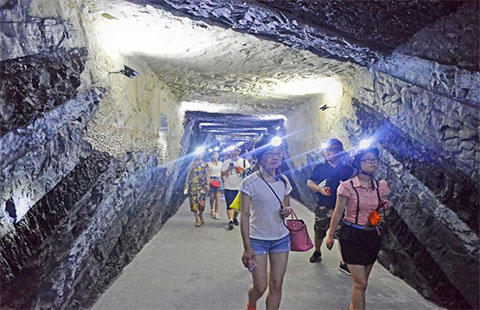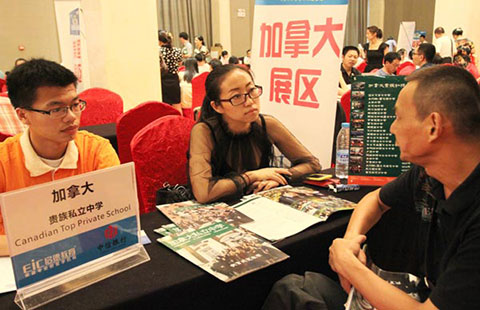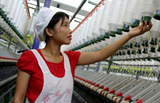Hu's visits to Europe indicate support
By Fu Jing in Brussels (China Daily) Updated: 2012-06-16 10:38The recent high frequency of visits by top Chinese leaders to Europe signals China's willingness to strengthen dialogue with European countries amid the deepening eurozone crisis, experts said on Thursday.
President Hu Jintao began a state visit to Denmark on Thursday, which is expected to stimulate bilateral ties and cooperation between China and European countries.
"The high frequency of visits to the West, including smaller countries like Sweden and Denmark, is a welcome priority from China's senior officials as it indicates the openness for dialogue and priorities of China's policymakers," said Dennis Pamlin, a Sweden-based director of the 21st New Frontiers and adviser of the China Climate Change Communication Center of Renmin University of China.
In April, Premier Wen Jiabao visited Iceland, Germany, Sweden and Poland. That was followed by high-level visits to Europe by Vice-Premier Li Keqiang and top legislator Wu Bangguo in May.
The high frequency of visits shows the concerns of top Chinese leaders over the economic development of Europe, which is closely tied to China's own economy, said Gu Junli, an expert on European studies with the Chinese Academy of Social Sciences.
"Whether the ongoing debt crisis in Europe could be effectively contained and resolved will have a significant impact on China as Europe is a major partner of Beijing in terms of trade and investment," Gu said.
Premier Wen has stressed the importance of helping Europe get through its debt crisis as China has a high stake in Europe because it is a major export market and source of technology for China.
"The visits of Chinese top leaders to Europe sent a strong message of China's willingness to strengthen dialogue over an effective resolution of the eurozone crisis," Gu said.
During the visits, Chinese leaders signed several major economic deals with their European counterparts, aiming to expand bilateral trade and investment opportunities.
One way to further enhance positive dialogue is to explore ways to establish a limited number of strategic projects, including a joint technology initiative and cultural exchange between China and Europe, Pamlin said.
"China could for example establish joint technology development initiatives with Europe for solutions to the world's most pressing problems," he said.
Pamlin noted that cultural and education exchanges among the younger generation is also important to strengthen ties between China and Europe.
"This would help build bridges and increase cultural understanding. This could also dramatically increase the knowledge of spoken and written Chinese among a new generation in the West," he said.
Li Xiang in Paris contributed to this story.
fujing@chinadaily.com.cn
- China's FX policy aims at freer currency: Australian economist
- China's non-bank lending for real estate grows
- Agricultural Bank of China expands farming finance service
- Almost ten thousand new cars ruined in Tianjin blasts
- Yuan stabilizes after central bank reassures markets
- 9 major accidents caused by hazardous materials
- Equity offering resumes in Chinese stock market
- China outbound direct investment jumps in seven months
















